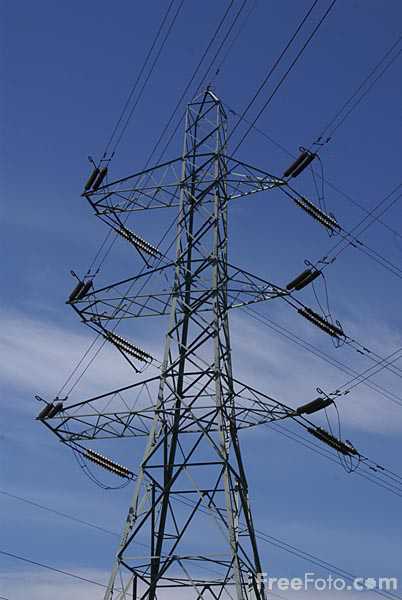
JOHANNESBURG — Electricity supplies will be further constrained if South Africa fails to secure coal supplies, the Energy Intensive User Group (EIUG) warned a day after State-owned power utility Eskom confirmed that it would not be in a position to meet the end-of-year deadline for the flow of first power from the Medupi power station.
Miningweekly.com
The EIUG tells Mining Weekly Online that there is general consensus that a gap in the supply of coal to Eskom is developing, not owing to lack of coal in the ground, but rather because of the incorrect application of policy choices.
South African Coal Roadmap chairperson Ian Hall tells Mining Weekly Online that no significant coal project for supply to Eskom has been approved or funded for development since the coal roadmap process began more than two years ago.
XMP consulting senior coal analyst Xavier Prévost adds that many coal projects in the pipeline will remain frozen until the industry’s severe current capital constraints ease and the present problems facing South Africa’s mining sector are eliminated.
Wescoal CEO André Boje said at the company’s results presentation last month that the volume of new coal that Eskom would require in the next two years was the equivalent of another 20 Wescoals, on the basis of the JSE-listed junior producing at a rate of three-million tons a year, which it has still to achieve.
“In 2015, there’s a supply cliff for Eskom. Where are the 60 million tons going to come from? I haven’t got the answer. That’s a scary number, and you have got to be investing now to have the coal then,” Boje pointed out.
EIUG, which has researched a number of recent independent studies and consulted widely with a number of experts in the field, says that projects for new coal will not be mined by government, black economic-empowerment (BEE) operators or investors unless they get certainty on policy and, in particular, price.
- Chamisa under fire over US$120K donation
- Mavhunga puts DeMbare into Chibuku quarterfinals
- Pension funds bet on Cabora Bassa oilfields
- Councils defy govt fire tender directive
Keep Reading
Hall says the policy outlook remains unclear: “Although it is anticipated that the 2012 Minerals and Petroleum Resources Development Act (MPRDA) Amendment Bill will be presented sometime soon, presumably with some of the comments submitted taken into account, I, for one, haven’t seen it, so it remains unclear what its provisions will contain.
“Judging by the recent implementation of the 2008 amendment and the quick retraction of some of its provisions, I would suggest that there has not been any notable improvement in confidence with respect to clarity in the legislative landscape,” Hall adds.
Prévost makes the point that without finances, no mines can be put into operation, which means that coal production will decrease and consequently less coal will be made available to Eskom and for export.
“Two solutions come to mind, the first is opening up the field to independent power producers (IPPs), and the second is implementing new mines and power stations in the Waterberg.
“But both need heavy finances and, therefore, in the present climate, they are not possible,” Prévost adds.
EIUG, headed by chairperson Mike Rossouw, proposes a multipronged solution, firstly that assurance be given to existing coal producers that their existing businesses will not be compromised by new or changed policy.
“Security of tenure is paramount,” EIUG stresses.
Secondly, it proposes that the State invites requests for proposals from prospective investors for all the unallocated coal resources that the State itself owns and administers.
In this way, the State can assess how and the extent to which this resource can be brought into production and how much production should be sold locally.











